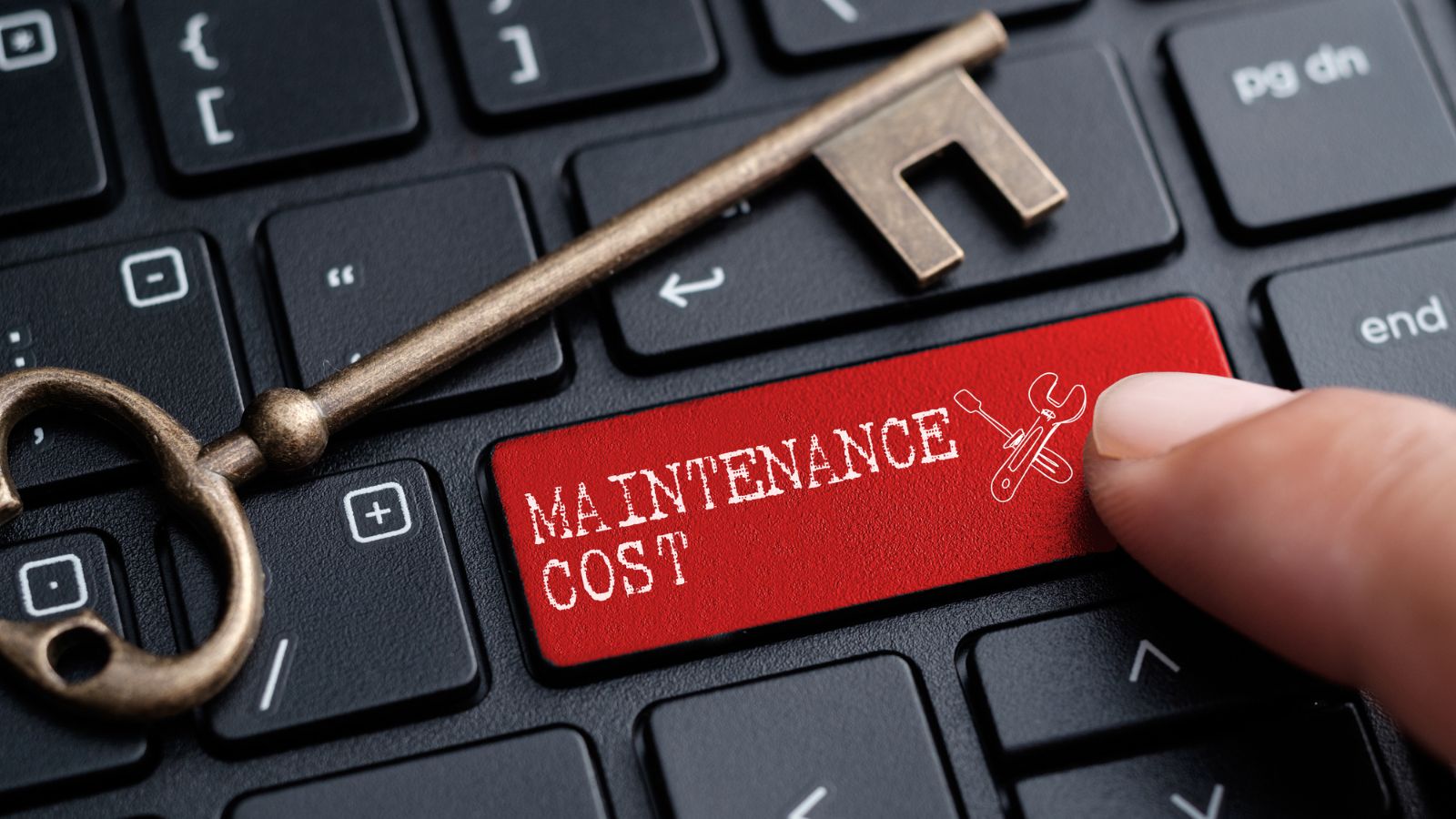Remote work has revolutionized the way we approach our jobs, offering flexibility and freedom from the daily commute. But for all its conveniences, switching to remote work can introduce unexpected financial losses. From tech expenses to potential tax implications, we look at 20 hidden financial dangers to consider before embracing remote working:
Increased Utility Bills

Working from home full-time means more power, heating and cooling usage, which can cause your utility bills to spike. During peak summer and winter months, the cost of keeping your home comfortable can become especially burdensome.
Setting Up a Home Office

Creating a functional home office often requires upfront investments in furniture, computer equipment and other work essentials. The initial setup cost can add up quickly, especially if you’re aiming for ergonomic and high-quality equipment to support long-term use.
Internet and Technology Upgrades

Remote work typically requires a faster, more reliable internet connection. You may need to upgrade your plan or invest in additional equipment, like routers and Wi-Fi extenders, to ensure consistent connectivity. These upgrades can come with higher monthly costs.
Health Insurance Adjustments

Some remote workers may switch to freelance or contract roles without employer-sponsored health insurance. If you’re paying for your own health insurance, you may face significantly higher premiums than you would with an employer-provided plan.
Lack of Home Office Tax Deductions

While freelancers and self-employed individuals can claim home office deductions, most traditional employees cannot. The IRS only allows home office deductions if you’re fully self-employed, meaning many remote employees can’t take advantage of this tax break.
Potential Tax Complications

Remote work across state lines can lead to tax complications. Some states require you to file income taxes if you work from there for an extended period, even if it’s not your primary residence. In these cases, you might face double taxation or need to file in multiple states.
Furniture and Decor Expenses

When you’re working from home, you’re more likely to spend on decor and furniture upgrades to create a pleasant work environment. These seemingly small purchases for desk plants, artwork, or lighting can add up over time.
Unplanned Snacks and Beverages

Without access to an office break room, many remote workers end up spending more on groceries, snacks, or even takeout. Stocking up on coffee, drinks and snacks may feel trivial, but the costs can easily build up over weeks and months.
Increased Grocery Bills

Remote work often means more meals at home, which means higher grocery bills. For those who previously relied on workplace cafeterias or subsidized meals, this change can be a surprising increase in regular expenses.
Professional Networking Costs

In-office environments facilitate organic networking, but remote work often requires more effort to stay connected. This may mean paying for virtual networking events, traveling for occasional in-person conferences, or subscribing to professional groups or tools.
Reduced Career Growth Opportunities

While working remotely, you may be less visible to your superiors, which could limit your opportunities for promotions or raises. Over time, this could impact your long-term earning potential and career trajectory.
Mental Health-Related Expenses

Remote work can increase feelings of isolation, which may lead to mental health challenges. Addressing this might require investments in therapy, wellness programs, or even co-working memberships to regain social connection and work-life balance.
Lack of Retirement Contributions

Freelancers and independent contractors who switch to remote work often miss out on employer-matched retirement contributions, which can reduce their retirement savings potential. Saving for retirement on your own requires discipline and potentially higher contributions to meet your goals.
Added Home Maintenance Costs

When you’re home all day, regular wear and tear on your living space increases. Everything from cleaning to repairs may become more frequent, requiring additional spending to keep your home in good condition.
Decreased Productivity and Income Potential

The flexibility of remote work can sometimes lead to distractions or difficulty focusing, which may impact your productivity. Lower productivity can mean lower income for freelancers or a reduced chance of raises and bonuses for employees.
Childcare and Family Responsibilities

Remote work can make it tempting to save on childcare costs, but balancing work and parenting can lead to reduced productivity. For some parents, this can even impact career progression or require hiring additional childcare help, ultimately raising expenses.
Co-Working Space Memberships

For those who miss the structure of an office environment, renting a co-working space may be appealing. However, these memberships can be pricey, ranging from $100 to $500 per month depending on the location and amenities.
Higher Self-Employment Tax

Freelancers and independent contractors who make the transition to remote work may face a higher self-employment tax rate, which includes both the employer and employee portions of Social Security and Medicare taxes.
Spending on Home Office Supplies

Office supplies that are typically covered by employers, such as paper, ink, stationery and organizers, become personal expenses when working from home. Regular restocking may seem minor, but it adds up throughout the year.
Risk of Job Insecurity

Remote work, especially in freelance or contract roles, often comes with less job security than traditional office jobs. The potential instability of remote roles can require building an emergency fund, saving more aggressively, or even maintaining a side income
18 Reasons Why People Are Leaving Florida in Masses

Exploring factors that impact the desirability of living in Florida, this list delves into various challenges shaping residents’ experiences. From environmental concerns like rising sea levels to economic factors such as fluctuating job markets, these issues collectively contribute to a nuanced understanding of the state’s appeal.
18 Reasons Why People Are Leaving Florida in Masses
